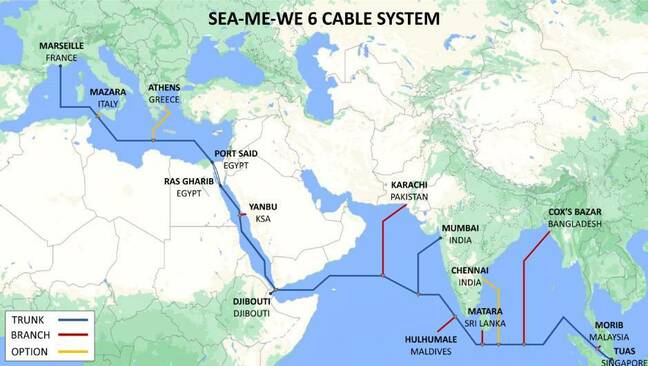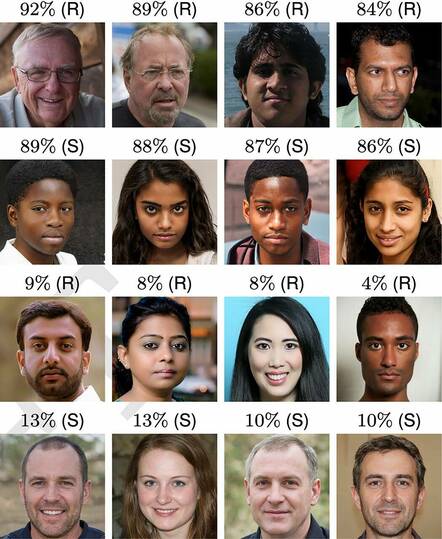Financial allegations could make nice change from accusations of being Beijing's eavesdropping machine
Simon Sharwood, APAC Editor
The Indian Government's Income Tax Department has raided the local offices of Chinese telecoms giant Huawei as part of an investigation into whether or not the controversial company has met its local taxation obligations.
Huawei's Indian outpost has acknowledged the visit from tax authorities and verified Indian media reports that stated several local staff were interviewed. It also asserted that it does its very best to comply with Indian laws.
In India, Huawei sells consumer electronics and Wi-Fi routers, and tries to sell telecoms gear – but was last year excluded from 5G rollouts.
In response to the raid, China's Ministry of Commerce on Thursday expressed its displeasure at what it described as "suppression" of Chinese companies in India. Ministerial spokesperson Gao Feng said China has "serious concerns" about India's actions, and said foreign investment is already suffering as a result.
Perhaps Gao didn't read The Register's February 14th story about Foxconn sinking at least $100 million into a new chipmaking plant in India, or our coverage of Chinese company Wistron investing in India to take advantage of server manufacturing subsidies – a scheme that also lured Dell, Singapore's Flextronics, and Foxconn.
News of the Huawei raid came as India this week banned another 54 made-in-China apps from distribution in local app stores, again on grounds that the apps endanger users' privacy. That brings the total of banned apps to over 300. India has also explicitly set out its stall as an alternative destination for global manufacturers who have found reliance on China worrying. The two nations' militaries have also skirmished along mountainous and ill-defined borders in the Himalayas.
China's Gao said the Ministry he represents hopes India will improve its business environment and treat all foreign investors – including Chinese companies – in a fair, open, and non-discriminatory manner.
Western nations hope China does the same, noting that the Middle Kingdom requires joint ventures with local firms and limits foreign entities' investments in Chinese companies. ®








